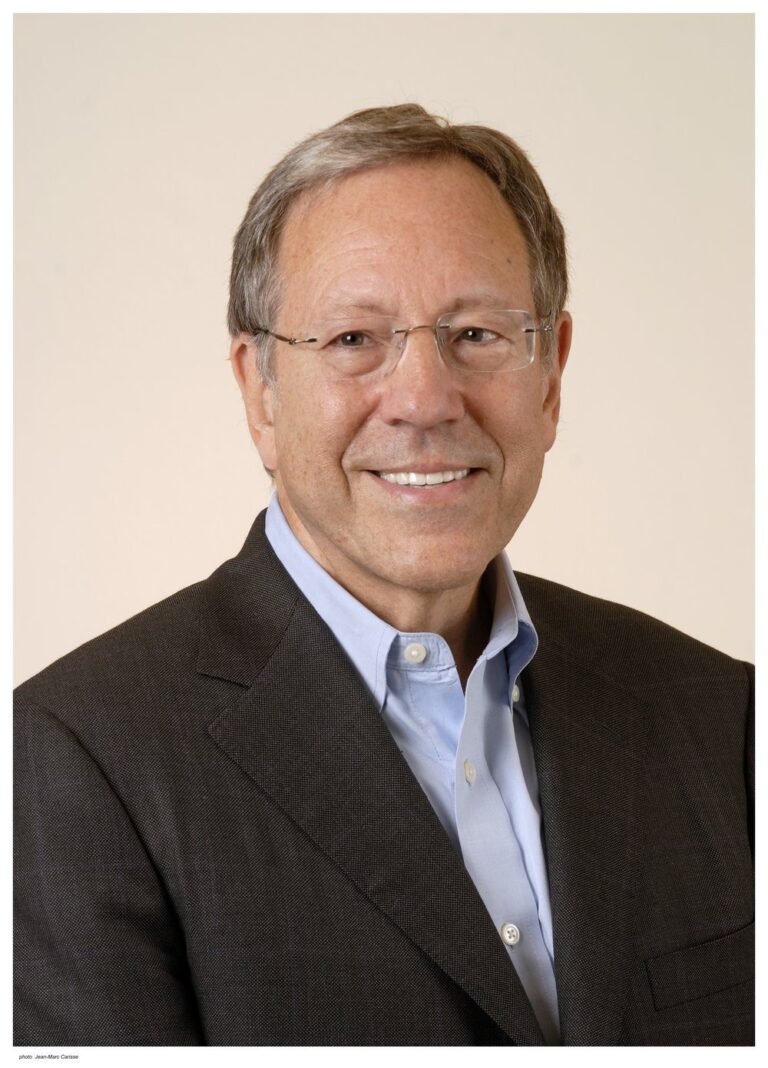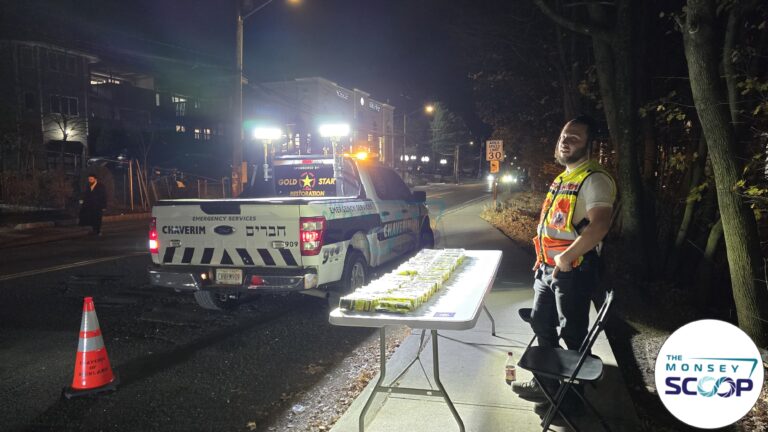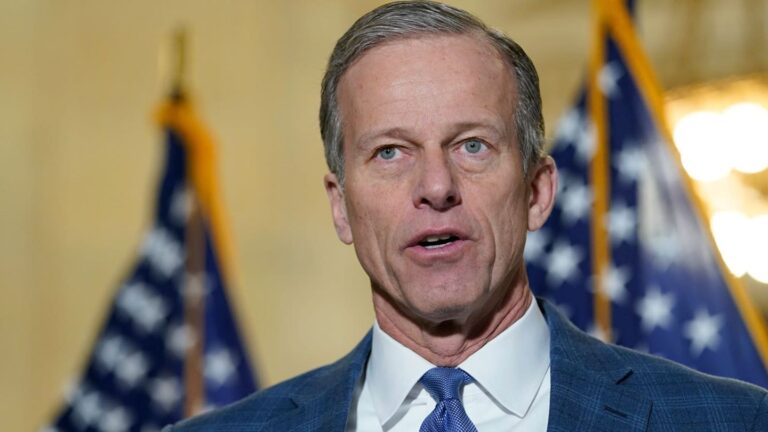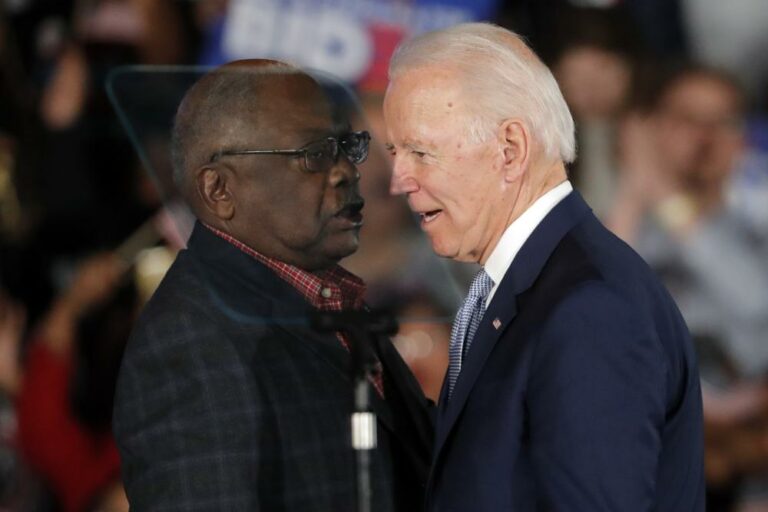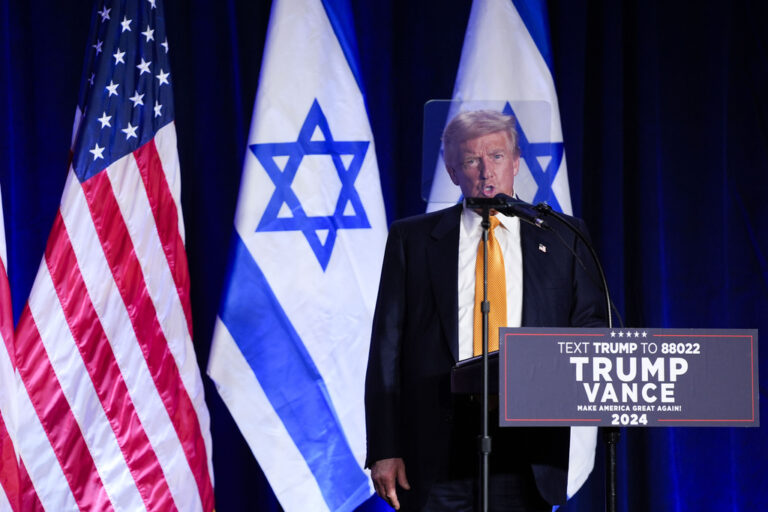 Nine years ago the FBI made a startling announcement: A “sleeper cell” of al-Qaida operatives was uncovered in California’s Central Valley.
Nine years ago the FBI made a startling announcement: A “sleeper cell” of al-Qaida operatives was uncovered in California’s Central Valley.
Following the arrests of five terror suspects, journalists swarmed to this sleepy farming city of 60,000 known for its zinfandel and the 1969 Credence Clearwater Revival song “Lodi.”
Over the next two years, all except one of the criminal cases unraveled. Federal prosecutors dropped the al-Qaida claims against three of the men and deported them without charges.
A jury convicted Hamid Hayat, a young cherry picker, of attending a terrorist training camp in Pakistan and returning to the United States to await orders for an attack. Hayat’s father was accused of lying to federal agents about his son’s activities but those charges were dropped after jurors couldn’t reach a verdict.
Now Hayat, 31, has mounted a broad assault on his conviction and 24-year prison sentence. His legal team is headed by Dennis Riordan, the same lawyer handling baseball star Barry Bonds’ appeal, which is a stark contrast from Hayat’s first trial when his lone attorney was handling her first criminal case.
The new appeal has revived debate over whether Hayat had a “jihadi heart” and was intent on leading a terrorist attack, as alleged by prosecutors, or was unfairly punished for voicing anti-American views that he never intended to act on.
The high-profile investigation and prosecution started with a paid informant’s now-discredited claims that he saw high-ranking al-Qaida officials attend a Lodi mosque in the late 1990s. After 9/11, the FBI paid the informant $230,000 over three years to infiltrate the mosque and record conversations with imams and worshippers.
The case arose from the FBI’s heightened focus on preventing another terrorism attack on U.S. soil. And, legal experts say, the FBI employed many of the same techniques — such as use of informants and undercover agents — that it did in the 1970s and 1980s to fight organized crime.
Unlike mafia prosecutions, many of the terrorism cases have been driven by investigations that hinge on defendants’ words as much as actions.
Last month in Tampa, Florida, Sami Osmakac was found guilty of trying to buy weapons, including a car bomb and an AK-47, from an undercover agent posing as an arms dealer to wage terror in the United States. He was targeted for investigation after he tried to buy al-Qaida flags and posted anti-American videos on YouTube.
In February, a federal judge in Oakland, California, sentenced Matthew Llaneza to 15 years in prison after he pleaded guilty to terrorism charges. Llaneza was arrested near a Bank of America branch after he tried to detonate an SUV loaded with dummy explosives provided by an FBI agent posing as a Taliban go-between. Online rants against America had initially caused the FBI to begin watching Llaneza, who had been arrested with an illegal assault weapon.
Similar prosecutions have occurred across the country for the last 13 years.
“We’re only now developing an idea of how far the government has gone to prevent another attack,” said University of California, Hastings School of Law professor Rory Little, a former federal prosecutor. “We generally don’t prosecute people for their excessively emotional outspokenness, and it looks like the government’s tactics in some of these cases looks a little out of sync.”
The U.S Attorney’s office in Sacramento, which won Hayat’s conviction, declined to comment. In the past, it has defended the prosecution as an appropriate response to a terrorism threat.
After Hayat’s 2007 conviction, Kenneth L. Wainstein, assistant attorney for National Security, said the sentence showed the consequences “for those who train overseas for jihad against the United States.”
A divided federal appeals court last year upheld Hayat’s conviction, saying he was given a fair trial. Now Hyatt is challenging his conviction in federal district court, arguing that his trial attorney, Wazhma Mojaddidi, provided “ineffective assistance of counsel.”
His new lawyers said Hayat needed a legal team of experienced attorneys, private investigators and expert witnesses to uncover alibi witnesses and evidence that would have shown his innocence. They said his confession was coerced during a marathon FBI interrogation and that he could not have attended the terror camp because it was closed.
“Had Hamid been properly represented, he would have been acquitted,” Riordan said.
Mojaddidi was an immigration and family law attorney when she was retained by Hayats’ family, largely because of her fluency in Urdu.
The lawyer said in an email that she represented Hayat competently but supports his latest appeal.
“I worked very diligently in his defense and had a strong command of the case,” she said. “I hope that the issues raised in the motion regarding new evidence bring justice to Hamid.”
A federal magistrate judge last month ordered prosecutors to respond to Hayat’s 116-page petition. The government has 60 days to respond.
(AP)



